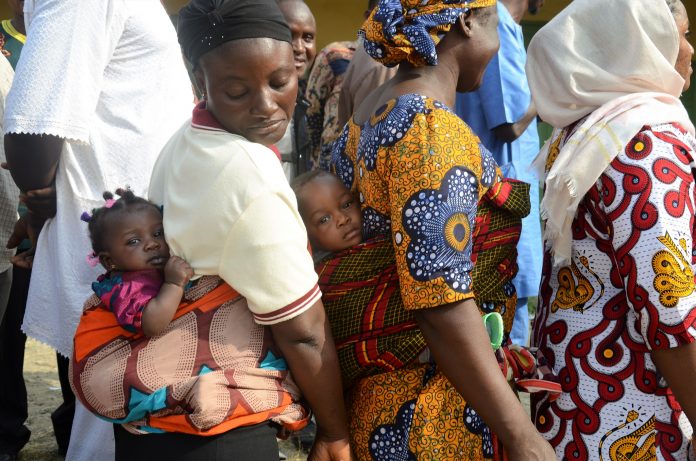Nigerian citizens voted to elect the President and members of the National Assembly on 23 February.
The elections were postponed by one week and delays were observed in the opening of a number of polling stations.
According to the Statement by the Spokesperson on the general elections in Nigeria, “there were several violent incidents and the EU expresses its condolences to the families and friends of those who lost their lives.”
“A European Union Election Observation Mission, headed by Chief Observer, MEP Maria Arena, noted the competitive nature of the elections and that candidates were able to campaign freely.
“The EU EOM nonetheless stressed the challenging environment, operational shortcomings of these elections and the significance of improving public information by the Independent National Electoral Commission. These issues would be important to be addressed ahead of the upcoming State elections, scheduled for 9 March.
“In line with the Peace Accord signed by all presidential candidates, the EU expects all the political parties and electoral stakeholders to continue to act lawfully and resolve any eventual election dispute through dialogue and available legal remedies.”
The EU noted the positive and constructive role played by Civil Society Organisations in the electoral process.
“The European Union has been a close partner of Nigeria and observed elections for the 6th consecutive time. This reflects the EU’s long-term commitment to supporting democracy, peace and stability in the country,” the Spokesperson stated.

